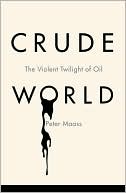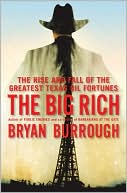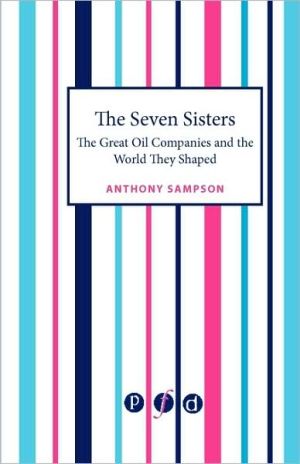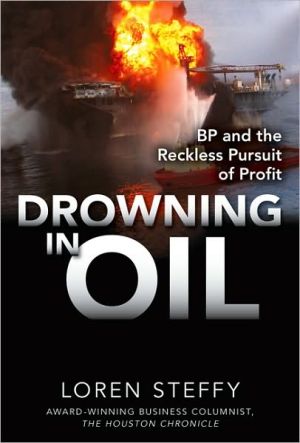Crude World: The Violent Twilight of Oil
Search in google:
A stunning and revealing examination of oil s indelible impact on the countries that produce it and the people who possess it.Every unhappy oil-producing nation is unhappy in its own way, but all are touched by the resource curse the power of oil to exacerbate existing problems and create new ones. In Crude World, Peter Maass presents a vivid portrait of the troubled world oil has created. He takes us to Saudi Arabia, where officials deflect inquiries about the amount of petroleum remaining in the country s largest reservoir; to Equatorial Guinea, where two tennis courts grace an oil-rich dictator s estate but bandages and aspirin are a hospital s only supplies; and to Venezuela, where Hugo Chávez s campaign to redistribute oil wealth creates new economic and political crises.Maass, a New York Times Magazine writer, also introduces us to Iraqi oilmen trying to rebuild their industry after the... The Barnes & Noble Review The price of gas is more familiar than the price of crude oil, but consider this: In the past decade, the price of a barrel went from $12 in 1999 to $147 in 2008, settling in at about $70 today. The present equilibrium will not last, projects Peter Maass, for we face "an era of scarcity that involves higher prices for oil and fiercer competition for what's left." Among the many baleful books on peak oil, Crude World stands out for its reportage on what was once called "underdevelopment," or plunder. In one excruciating example after another, Maass -- a New York Times Magazine writer -- shows how energy companies impoverish the countries from which they extract oil. Few reporters have bothered to visit Equatorial Guinea, but Maass does, finding that ExxonMobil, Halliburton, ChevronTexaco, Marathon, and Total have enriched the country's tiny elite, with dictator Teodoro Obiang siphoning $700 million into his private accounts. Employment has not improved, for the rig workers are imported Indians and Filipinos. Equatorial Guinea is mired in destitution, malnourishment, and disease, even though the oil payments, if distributed, would bring $25,000 a year to every citizen. In Nigeria, oil was discovered by geologists working for Shell. There, writes Maass, "nine out of ten citizens live on less than $2 a day and one out of five children dies before his fifth birthday" since "80 percent of Nigeria's oil wealth has gone to 1 percent of the population." If we are inured to stories of petrodollar terrorism, global overheating, and the precariousness of a world economy built on oil, the originality of Crude World is to follow the hose backward, from pump to refinery to well, showing us why every time we fill up the tank we are haunted by the spectral wraiths of Nigeria and Equatorial Guinea -- or ought to be. --Christopher Phelps
Introduction 31 Scarcity 92 Plunder 263 Rot 534 Contamination 815 Fear 1016 Greed 1207 Desire 1368 Alienation 1659 Empire 18510 Mirage 199Conclusion 217Acknowledgments 227Appendix A World Crude Oil Reserves 231Appendix B U.S. Crude Oil Imports 232Notes 233Bibliography 259Index 263






